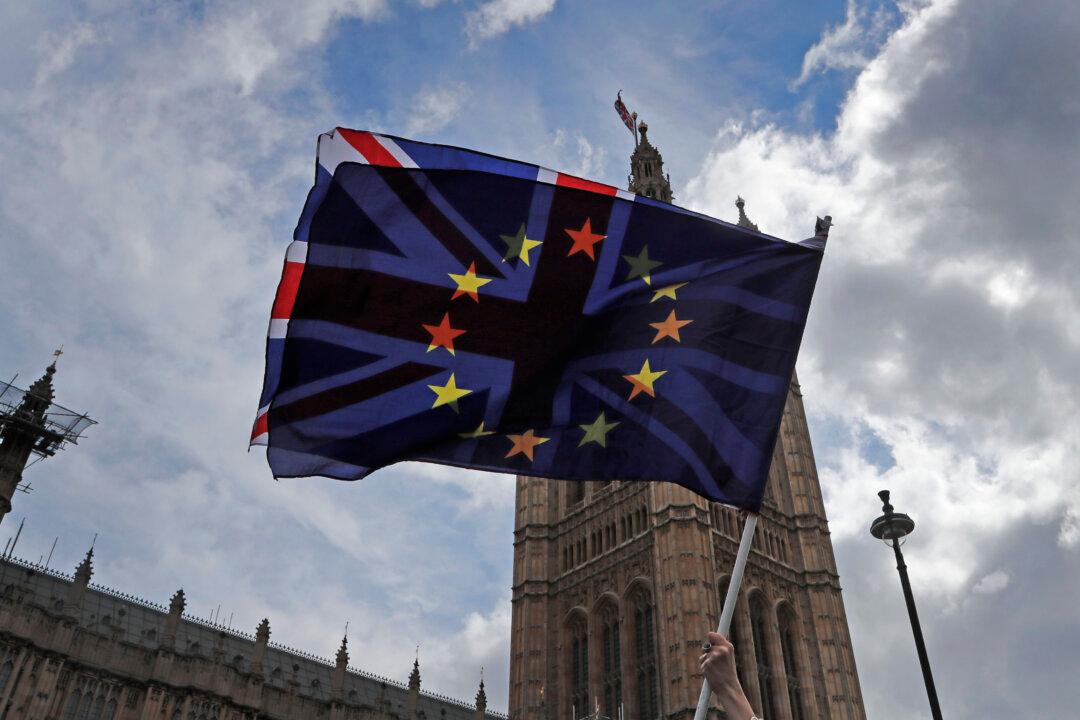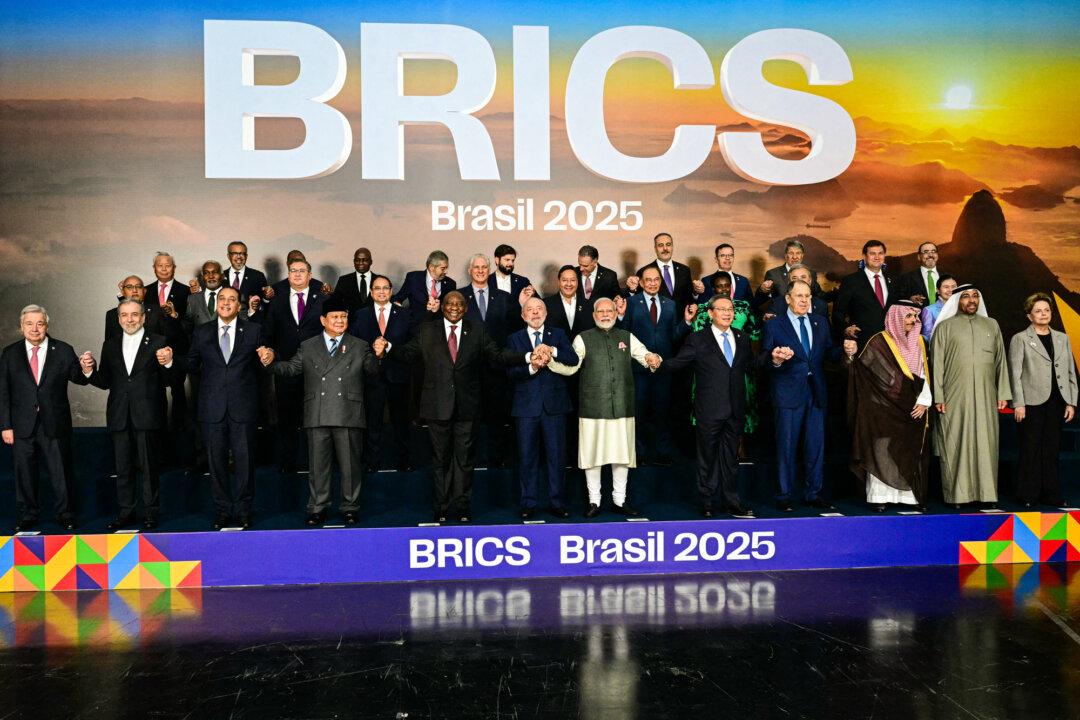Commentary
On Jan. 31, 2020, the United Kingdom will be divorced from Europe. After four years since the UK national referendum on leaving the European Union (E.U.) passed, Brexit will finally become a reality this week. But don’t think it’s all over, because it’s not.





